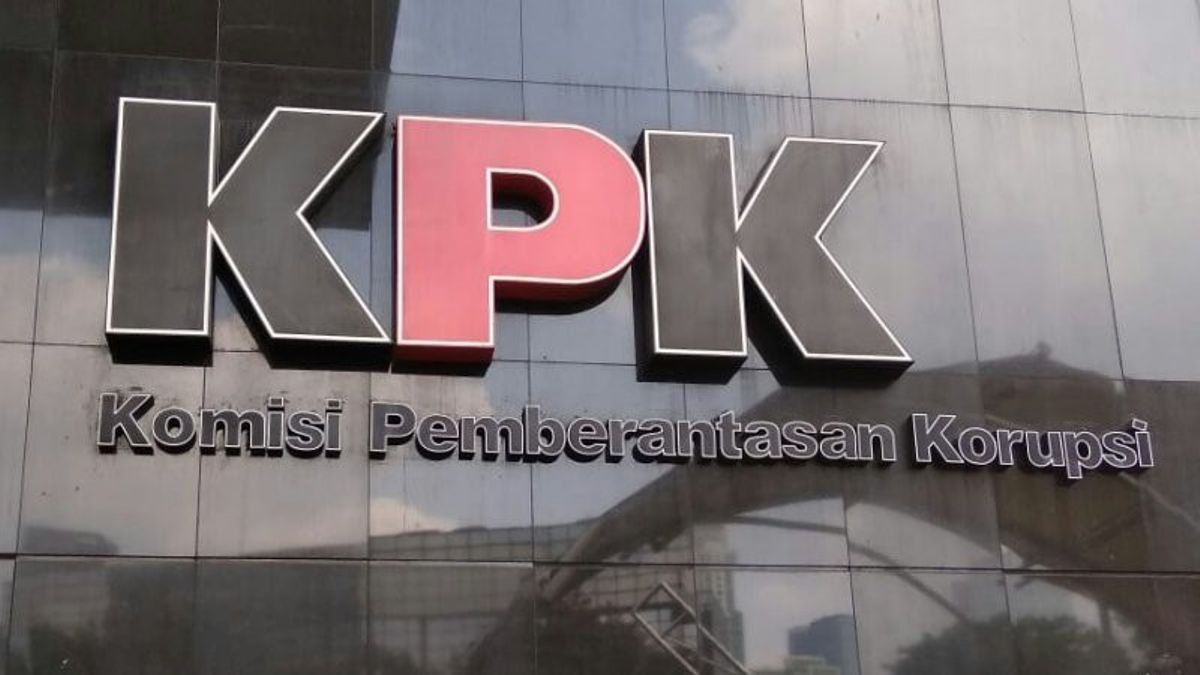JAKARTA - Deputy Chairman of the Corruption Eradication Commission (KPK) Nurul Ghufron emphasized that his party will carry out its duties and functions independently and will not be subject to any institution.
This was conveyed after conveying the KPK's rejection of the findings and corrective steps of the Indonesian Ombudsman regarding the implementation of the National Insight Test Assessment (TWK) which was declared maladministration.
"The KPK is indeed in the executive family but in carrying out its duties and functions it is not subject to any institution. The KPK is independent," said Ghufron in a press conference broadcast on the Presidential Secretariat's YouTube, Thursday, August 5.
Ghufron emphasized that the refusal to carry out the corrective steps that had been conveyed by the Indonesian Ombudsman could not be conveyed to their superiors. The reason is, based on the law, the KPK is not subordinate to any institution.
"So the mechanism provides recommendations to superiors, the KPK's superiors, this ceiling. Lights," said Gufron.
"KPK's superiors, as in the KPK Law, are institutions that in carrying out their duties are not subject to any institution, and are not then intervened by any power," he added.
As previously reported, the Corruption Eradication Commission (KPK) expressed objections and would not carry out the corrective steps submitted by the Indonesian Ombudsman after the TWK implementation process was declared maladministrative and there were irregularities.
In its objection, the KPK considers the Ombudsman unfair in providing its recommendations. The anti-corruption commission also considers that the Ombudsman does not respect their authority in carrying out the test as a condition for transferring their employee status to State Civil Apparatus (ASN).
Not only that, the KPK also accused the Indonesian Ombdusman of crossing the line because he stated that the TWK did not comply with the applicable regulations. The Ombudsman is considered to feel more powerful than the rule of law and legislation in Indonesia.
The English, Chinese, Japanese, Arabic, and French versions are automatically generated by the AI. So there may still be inaccuracies in translating, please always see Indonesian as our main language. (system supported by DigitalSiber.id)








